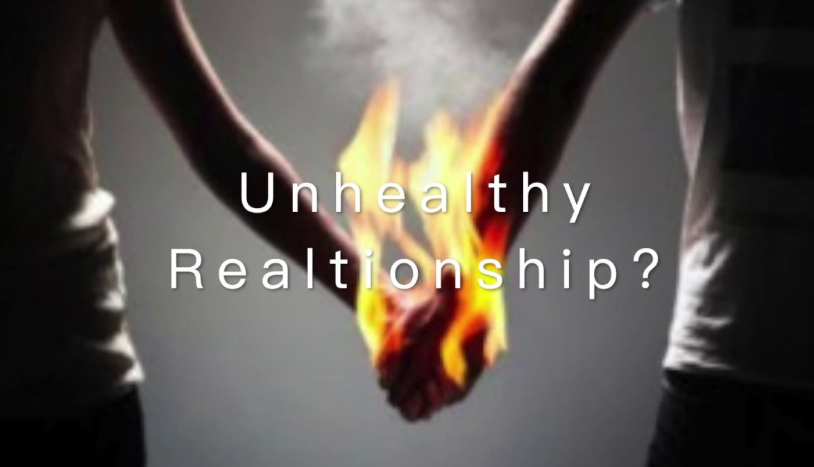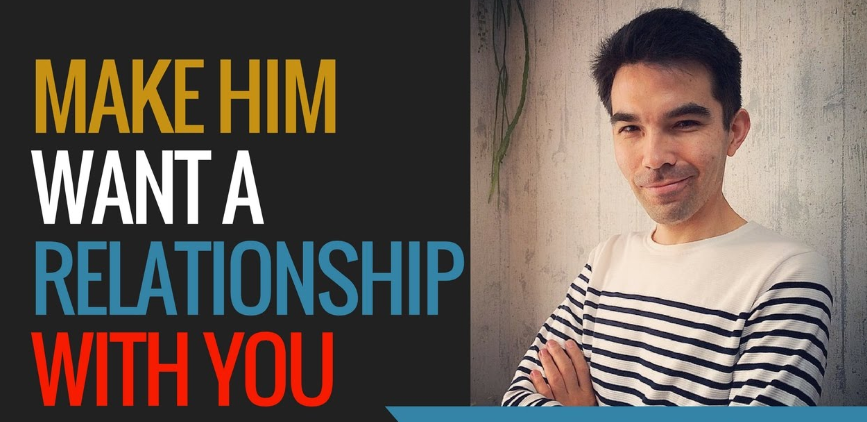Why You Keep Attracting Difficult Relationships: A Comprehensive Guide
Do you find yourself repeatedly getting into relationships that seem to be more trouble than they’re worth? Do you feel like you always end up with partners who are emotionally unavailable, toxic, or just plain wrong for you? If so, you’re not alone. Many people struggle with attracting difficult relationships, but the good news is that there are some clear reasons why this happens – and steps you can take to break the pattern.
In this article, we’ll explore the various factors that can lead to a pattern of difficult relationships, including:
- Low Self-Esteem
- Unresolved Trauma
- Co-Dependency
- Unrealistic Expectations
- Lack of Boundaries
We’ll also answer some frequently asked questions about difficult relationships and provide tips for breaking the pattern.
- Low Self-Esteem Low self-esteem can be a significant factor in attracting difficult relationships. When we don’t believe in our own worth, we may settle for partners who don’t treat us well or who don’t meet our needs. We may also become overly dependent on our partners for validation and affirmation, which can create an unhealthy dynamic.

To break the pattern of difficult relationships related to low self-esteem, it’s essential to work on building your own sense of self-worth. This can involve working with a therapist, practicing self-care, and engaging in activities that make you feel good about yourself.
- Unresolved Trauma Unresolved trauma can also be a significant factor in attracting difficult relationships. If you’ve experienced abuse, neglect, or other forms of trauma in the past, you may find yourself drawn to partners who replicate these experiences in some way. This can be because these dynamics feel familiar and therefore “comfortable,” even if they’re not healthy.
To break the pattern of difficult relationships related to unresolved trauma, it’s essential to work on healing your past wounds. This can involve working with a therapist, joining a support group, and engaging in self-care practices that help you feel safe and grounded.
- Co-Dependency Co-dependency is another factor that can lead to difficult relationships. When we’re co-dependent, we may become overly focused on our partner’s needs and neglect our own. We may also enable our partner’s unhealthy behaviors or become overly reliant on them for emotional support.

To break the pattern of difficult relationships related to co-dependency, it’s important to learn to prioritize your own needs and boundaries. This can involve setting clear expectations with your partner, practicing self-care, and seeking support from friends and family.
- Unrealistic Expectations Unrealistic expectations can also contribute to difficult relationships. When we have rigid ideas about what a “perfect” partner should be like, we may overlook people who are actually a good fit for us but don’t match our ideal. We may also become overly critical of our partners and constantly find fault with them.
To break the pattern of difficult relationships related to unrealistic expectations, it’s important to reflect on what you truly need in a partner and be open to different types of people. It can also be helpful to practice gratitude and focus on the positive aspects of your current relationships.
- Lack of Boundaries Finally, a lack of boundaries can contribute to difficult relationships. When we don’t set clear boundaries with our partners, we may allow them to treat us poorly or neglect our own needs. We may also become overly enmeshed with our partners and lose sight of our own identity.
To break the pattern of difficult relationships related to a lack of boundaries, it’s important to learn to assert yourself and communicate your needs clearly. This can involve setting boundaries with your partner, practicing self-care, and engaging in activities that help you maintain a sense of self.























0